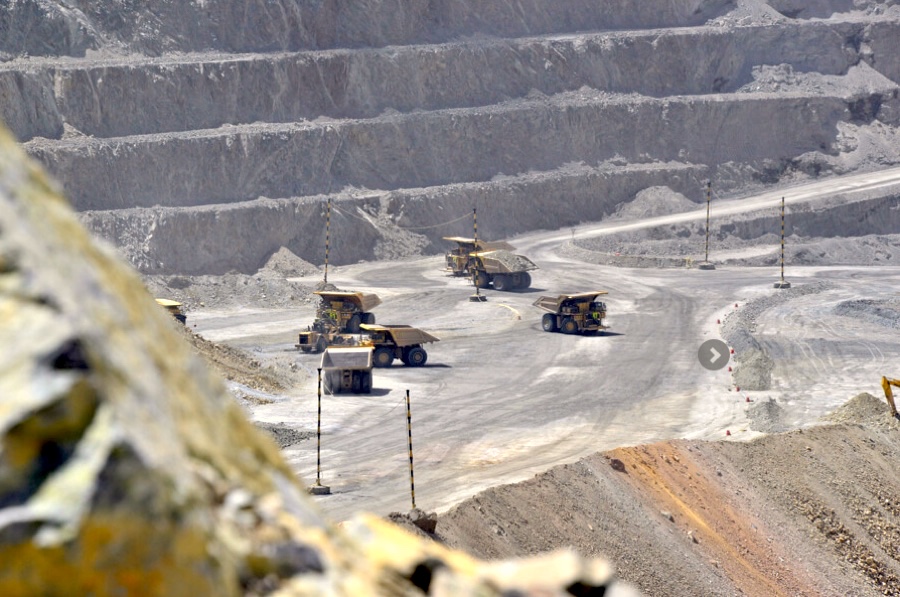Anglo American sees return to glory days of copper production in Chile

Anglo American Plc sees a decline in its Chilean copper production as a setback rather than the new normal, with the London-based company working toward returning to higher levels of past years.
Production this year is in line with guidance as the firm navigates water restrictions and lower ore quality, Anglo Chile chief executive officer Patricio Hidalgo said Tuesday in an interview from its offices in Santiago.
Anglo’s production in Chile — centered around the Los Bronces mine and a stake in the Collahuasi venture — is on track to reach company guidance of between 530,000 and 580,000 metric tons, Hidalgo said. Monday’s approval by Chilean ministers of a $3 billion-plus overhaul at Los Bronces gives Anglo’s production output a major boost.
“Los Bronces and Collahuasi both have very good growth potential and the capacity to return to past production figures — we are working toward that,” Hidalgo said Tuesday. “We will have a few years of low ore grades, which has to do with mine developments and with the nature of the deposits.”
Anglo’s production struggles are part of a trend in Chile. The top-producing nation has seen output stagnate as ore grades deteriorate and a prolonged drought exacerbates water constraints. Tough permitting is another obstacles while some companies have held off on investments to see how efforts to raise taxes pan out.
Still, tight global supplies and the prospect of rising demand in the shift away from fossil fuels have kept prices high. Hidalgo, like others in the industry, is optimistic about where copper will go from here. “In a world of de-carbonization, we see a significant gap between demand and supply in the long run, which at some point will materialize in higher prices.”
Hidalgo applauded the Chilean government’s willingness to discuss modifications to its copper royalty bill, which will go to a senate vote this week. Besides proposed tax rates, he is also keeping a close eye on stability factors, hoping for something akin to the current guarantees.
“Our commitment to the $10 billion project portfolio in the next decade remains unchanged,” he said. That includes $6.5 billion at Los Bronces and Collahuasi, $1.8 billion for water and the rest on climate change-related initiatives.
(By Valentina Fuentes and James Attwood)
{{ commodity.name }}
{{ post.title }}
{{ post.date }}




Comments